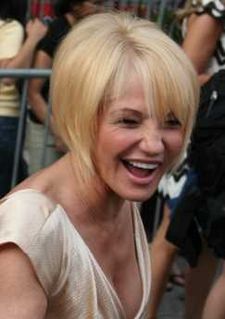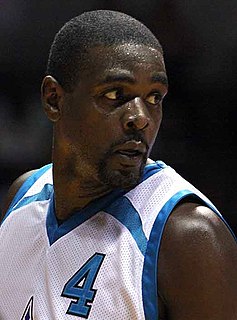A Quote by Paul Bettany
In the old days when I first was coming up, you would turn up on set in the morning with your coffee, script, and hangover and you would figure out what you were going to do with the day and how you were going to play the scenes. You would rehearse and then invite the crew in to watch the actors go through the scenes. The actors would go away to makeup and costume and the director and the DP would work out how they were going to cover what the actors had just done.
Related Quotes
In 'Uncharted,' we do the scenes the same way you would do a film or television show. The motion capture - the performance-capture process - is what makes such a difference for this franchise. So I don't approach it any differently. The other actors and I go in and rehearse scenes together, and then we go in the next day and perform.
I just would never go audition, and yet I was in very visible places where people would come looking for actors. I say I'm lazy, though I'm sure if I were in therapy for a lot of years, it would turn out to be a lot more than laziness. After awhile, it was, like, too embarrassing for me not to go on auditions. I had to be humiliated into it.
To go into more specifics regarding actors, whether they're from Korea or the U.S., all actors know if they are loved by the director. When they feel that love from the director, they respond by giving a great performance on camera. Also, everyone on set - the crew, the actors - they were aware of the film's message and its broad theme, so these big issues were never discussed on set.
Robert de Niro has always been fascinating to me. And if John Cazale were still alive, that would be a man I'd love to work with. I'm a big fan of Paul Thomas Anderson's films - I would be honored to work with him. I think he's a brilliant director, and he gets such compelling stories out of his actors and out of his crew.
I found that pedals were too much to fool around with. You'd be halfway through a solo, and the batteries would go dead and conk out. And if you tread on the lead going to the pedal, something would always go wrong. Or some crazy kid would pull the lead out just at the moment when you're about to do your big number on it.
Gareth [Edwards] was very much about including everyone in what we were making, so he would cut together different scenes to show us what we were making. And the crew, cast, everyone would go into a theater there at Pinewood Studios and watch 10 minutes of what we were making. It was always so exciting. It looked amazing, and the music was huge.
But when there were certain moments or scenes that required a very specific nuance or performance, I myself would act out the scene or the sequence and that would inspire the actors. Of course, I can't really express emotions on camera, but I was very active in showing a certain action or a blocking for an actor. I would also participate in certain stunts myself and because of that, I would get bruises or cuts on my knees and elbows.



































